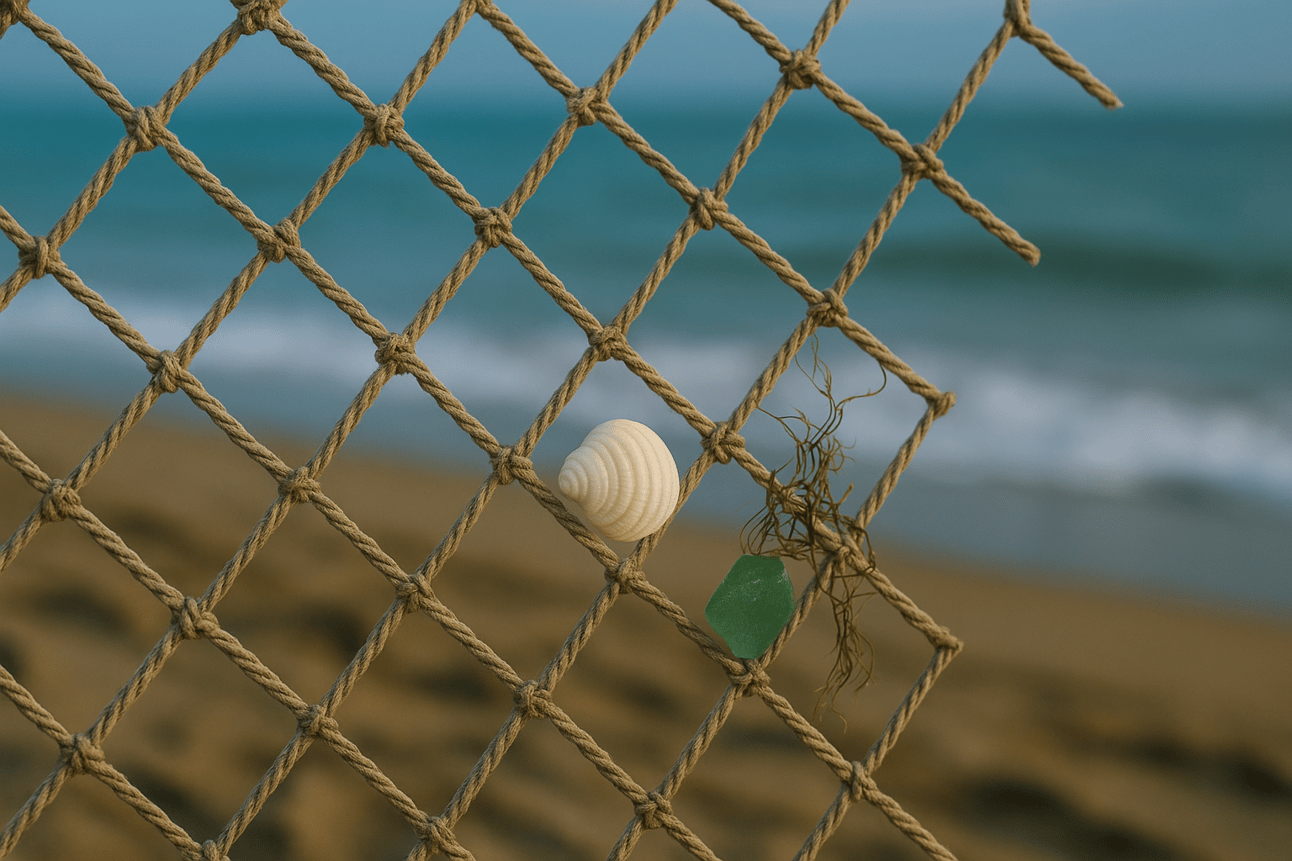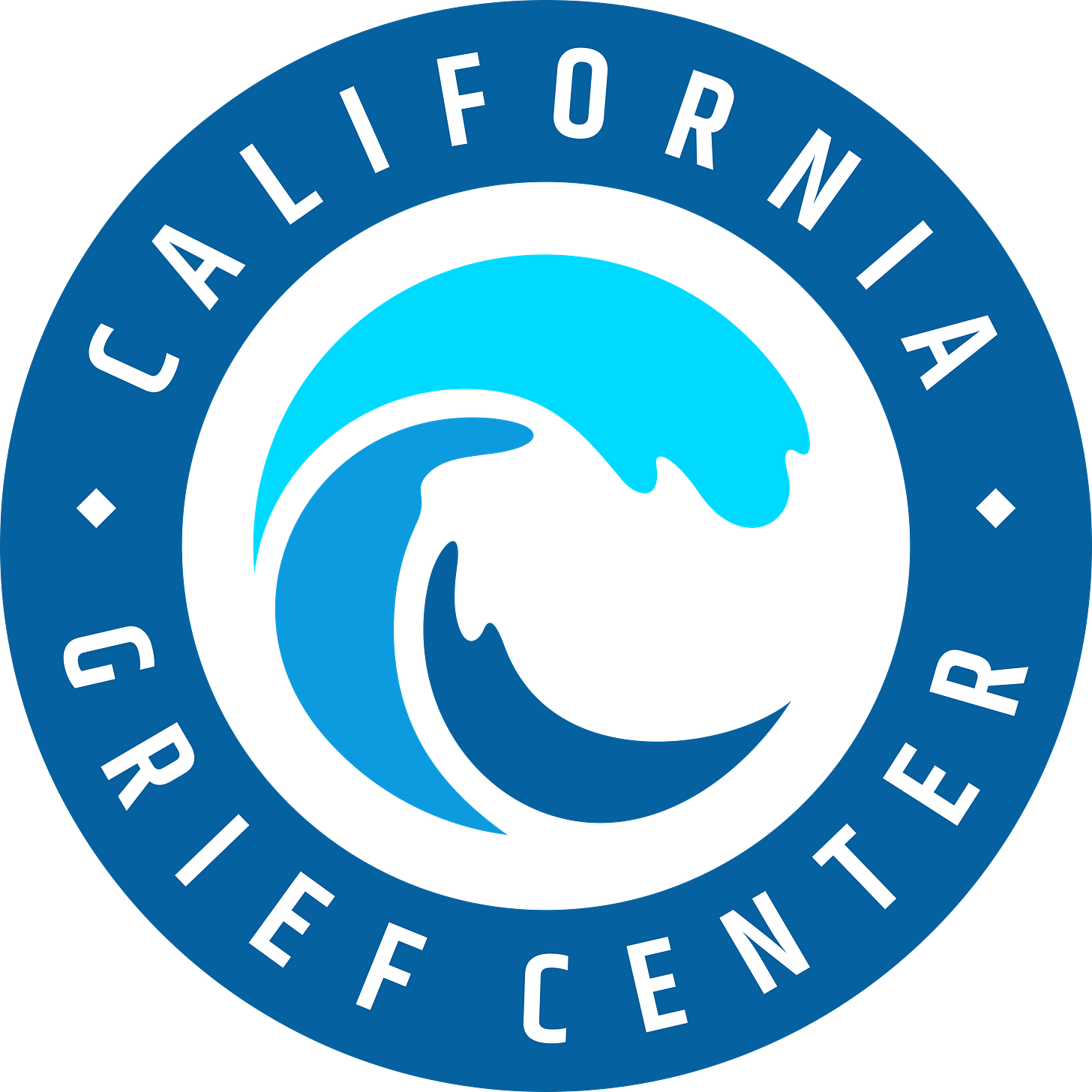Four centuries ago, a man named René Descartes sat alone in a cold room with his doubts and tried to rebuild the world from scratch.
He swept aside everything — tradition, church, even the evidence of his own senses — until only this remained:
“I think, therefore I am.”
It was a dazzling idea. A neat, solitary island of certainty. And it spread like wildfire.
Descartes’ philosophy — with its sharp divide between mind and body, self and other, observer and observed — didn’t stay in France. It became the backbone of modern Western science, medicine, psychology, economics.
Through empire, conquest, missionary schools, global trade, and eventually universities on every continent, his ghost circled the earth.

Even today, in therapy rooms from Los Angeles to Lagos, we echo him. We treat thoughts as rulers of reality. We dissect grief with clinical scalpels, hoping reason alone might stitch a broken heart. CBT, psychoanalysis, most mainstream approaches — all carry Descartes in their marrow.
That, too, is globalization. Not just of goods and capital, but of ways of knowing. Of how we understand ourselves, our suffering, our very existence.
And it’s brought us far. It gave us vaccines, bridges, the internet that lets me write to you now.
But it also left us lonelier. Cut off from our bodies, from each other, from the living world. Stuck in our heads at 2 a.m. with only flickering thoughts to prove we’re alive.
Maybe that’s why so much of our grief today feels not just personal, but planetary. Not just emotional, but existential.
Because the same modernity that taught us to stand alone in our minds also tangled us in crises — climate collapse, mass extinctions, endless wars, millions forced from home — far too vast for solitary reasoning to contain.
So here we are, in the great Cartesian experiment gone global. Trying to think our way out of a world we thought our way into.
But maybe there’s hope in the very mess.
Because if ideas could spread like that — if one little French mantra could colonize minds from Manila to Mexico City — then maybe other ideas can, too.
Not “I think, therefore I am,” but:
“We feel, therefore we belong.”
“We witness, therefore we heal.”
“We grieve, therefore we endure.”
Maybe the next globalization isn’t about goods or capital or abstract thought at all. Maybe it’s about relationship.
Shared mourning after earthquakes, floods, mass shootings. Collective joy when justice cracks through. Small communities tending each other’s losses. Cross-border movements whispering: your suffering is mine; your fate is tied to ours.
Maybe we’ll build a new tangled net. Not of solitary minds, but of joined hearts, bodies, and hands. Not to hold us apart in cold certainty — but to hold us together, trembling, imperfect, gloriously alive.
✨ The next edition of The Tangled Net arrives next Friday.
May you move through this week with grace for your body, patience for your mind, and gentleness for every raw edge of your heart. And if you get a little tangled — may it teach you something tender and true.
💛 If your own net feels too heavy to hold alone, we’re here.
The California Grief Center offers support for individuals, couples, families, and organizations — across California and virtually nationwide.
✨ Prefer to read outside of Substack?
You can sign up here for The Grief Wave, our twice-weekly newsletter, and receive reflections, grief resources, and upcoming events delivered straight to your inbox.


